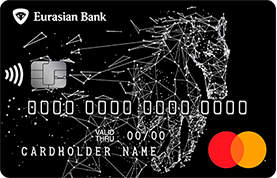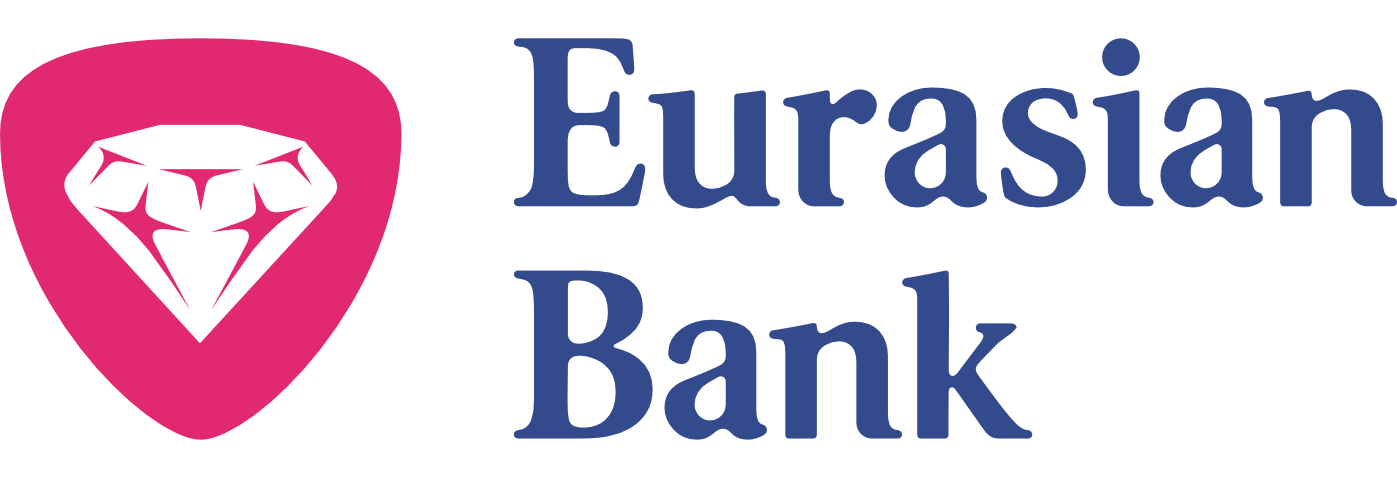An unusual purple alley of 100 seedlings of the Nedzvetsky apple tree, a rare species listed in the Red Book of Kazakhstan, was planted in the courtyard of the capital’s school No. 106. Half of these trees, 50 apple trees, were planted thanks to the Eurasian Bank customers, who simply used the Bank’s Eco Card in their daily lives.
Every purchase, from morning coffee to a trip to the vet clinic, brought bonuses that were automatically sent to the Sustainable Development Earth Foundation. In a few months, the required amount was accumulated — these funds were enough to buy 50 seedlings for the school. The Bank decided to double the result: it planted 50 more trees at its own expense.
“This is a clear example of how financial instruments can directly affect the environment,” says Limara Zhaksybayeva, Deputy Director of the Eurasian Bank Branch in Astana. “Our customers are not just saving bonuses – they are laying a green future. So far, just over 800 customers use the Eco Card. But imagine what would happen if another thousand joined them? Today there are 100 apple trees in Astana, tomorrow there will be new parks in other regions of the country.”
Employees of the Sustainable Development Earth Foundation and the Ambassadors of the Earth Movement, as well as the students of the school, actively participated in the planting. It was a valuable experience for the guys to participate in an important environmental project.
“This is exactly what modern environmental responsibility looks like – from virtual cashback on the Eco Card to the appearance of real trees. We direct the funds coming to our Foundation from Eurasian Bank to specific landscaping projects, such as planting trees in parks, squares, and schools in Astana. This is a real, measurable result that is changing the urban environment,” said Alan Besen, Chairman of the Sustainable Development Earth Foundation Youth Public Association.
In the spring, the Bank is planning a new stage of planting, and the number of trees directly depends on the activity of cardholders. The more purchases, the more trees appear in Kazakhstani cities.
How it works:
- With each purchase with the Eco Card, a 1% bonus is automatically allocated to landscaping and waste recycling projects.
- The funds are distributed between the Sustainable Development Earth Foundation and the Eco Network Public Association.
- The card itself is made of recycled plastic and is recyclable.
If you support the idea of gardening and want your daily purchases to turn into your living trees, join us:
- Order an Eco Card in the Bank app – delivery and the first year of service are free.
- Take part in the planting in the spring of 2025 – register on the Bank website.
- Pay conveniently via Apple Pay, Samsung Pay and Google Pay.
At the same time, the Eco Card is not only about supporting environmental projects. As a sign of gratitude for the informed choice, Eurasian Bank is holding the Eco Card Bonuses Promotion from 18 June to 31 December 2025. Cardholders receive 5% bonuses for purchases in categories related to caring for nature and pets: gardening supplies, veterinary services, and pet stores. Follow the link for more information.
Eurasian Bank is a member of Mastercard’s Priceless Planet Coalition Global Program, which aims to plant 100 million trees to reduce climate impacts. Kazakhstan announced plans to achieve carbon neutrality by 2060.
Last year, Eurasian Bank, together with its customers, planted 500 trees in Almaty, Astana and other cities with the support of the Earth Development Fund, the Alma Kala Eco Movement and local Akimat offices. In the spring of 2024, willows and tamarisks appeared in the Arqalan Petroglyph Park.





